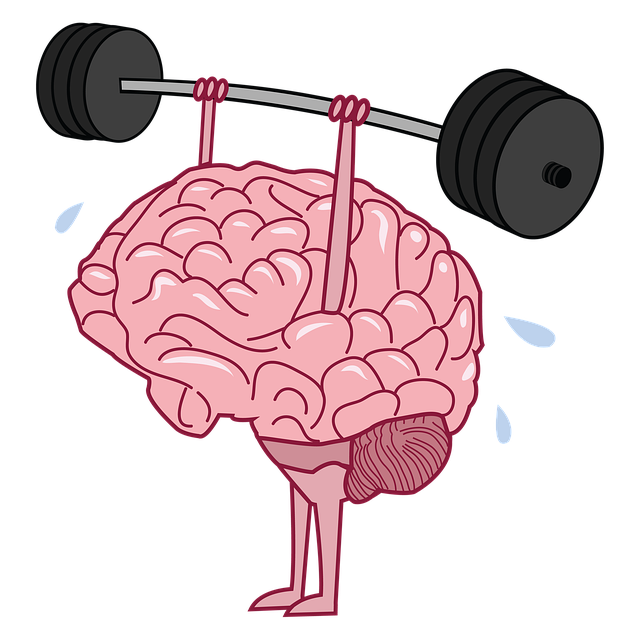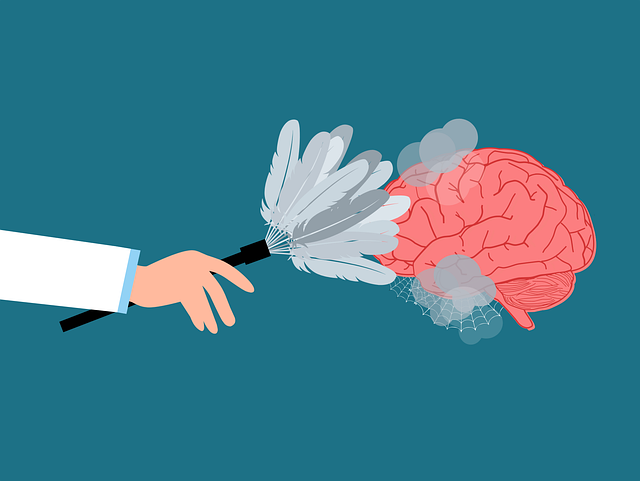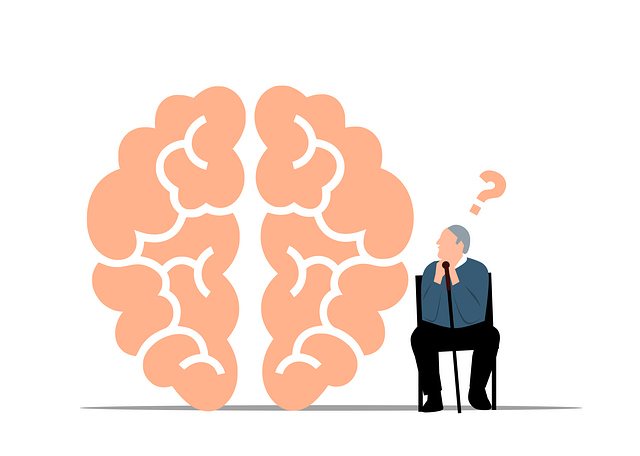Substance abuse often arises from chronic pain, mental health issues, and environmental factors as coping mechanisms but can lead to dependency. Golden Chronic Pain Therapy (GCPT) provides a specialized, holistic approach addressing root causes through medication management, behavioral therapies, mindfulness, and positive thinking. GCPT not only relieves symptoms but also enhances emotional intelligence, social connections, and coping strategies, reducing the risk of substance abuse. Comprehensive risk reduction involves integrating GCPT with self-esteem improvement, emotional intelligence, open communication, resilience, and community support to promote healthier living.
Substance abuse poses significant risks, impacting individuals, families, and communities. This article explores comprehensive risk reduction strategies, focusing on understanding substance abuse and its far-reaching consequences. We delve into innovative treatments like Golden Chronic Pain Therapy, a promising approach that targets chronic pain, a common driver of substance misuse. By combining evidence-based practices with novel therapies, we aim to provide an effective roadmap for prevention and intervention, emphasizing the importance of a holistic, tailored approach to mitigate risks and promote healing.
- Understanding Substance Abuse and Its Impact
- Golden Chronic Pain Therapy: A Promising Approach
- Comprehensive Strategies for Effective Risk Reduction
Understanding Substance Abuse and Its Impact

Substance abuse is a complex issue that stems from various factors, including chronic pain, mental health disorders, and environmental influences. It’s important to understand that substance use can start as a coping mechanism for managing pain or stress but often evolves into a dependency, significantly impacting an individual’s physical and mental well-being. The impact of substance abuse is far-reaching, affecting not only the user but also their families, communities, and society at large. This issue demands a nuanced approach to treatment, recognizing that every person’s journey with substances is unique.
Golden Chronic Pain Therapy offers a promising avenue for risk reduction by addressing the root causes of substance abuse. This holistic approach combines evidence-based practices such as medication management, behavioral therapies, and mindfulness techniques tailored to individual needs. By fostering positive thinking and boosting confidence, individuals can develop healthier coping strategies. Additionally, healthcare provider cultural competency training plays a vital role in ensuring culturally sensitive care, which is essential for building trust and encouraging treatment adherence.
Golden Chronic Pain Therapy: A Promising Approach

Golden Chronic Pain Therapy (GCPT) is a promising approach that integrates various evidence-based strategies to address chronic pain and its associated challenges. Unlike traditional treatments that often focus solely on symptom relief, GCPT takes a holistic view by combining medication management with psychological interventions such as Social Skills Training and emotional intelligence development. This multi-faceted approach aims to enhance patients’ coping mechanisms, improve mood management skills, and boost their overall emotional resilience.
One of the key advantages of GCPT is its emphasis on empowering individuals with effective strategies to navigate pain-related distress. By fostering emotional intelligence, patients gain a better understanding of their feelings and learn how to regulate them healthily. This, coupled with improved social skills, enables individuals to seek support from peers and healthcare providers, thereby reducing the risk of isolated, negative coping mechanisms that can contribute to substance abuse.
Comprehensive Strategies for Effective Risk Reduction

Comprehensive strategies for effective risk reduction involve a multi-faceted approach that addresses both the physiological and psychological aspects of substance abuse. One such strategy is integrating Golden Chronic Pain Therapy, which focuses on holistic treatment methods like mindfulness, meditation, and alternative medicine, alongside conventional pain management techniques. By treating chronic pain holistically, individuals can find better balance and reduce their reliance on substances to manage discomfort.
Furthermore, promoting Self-Esteem Improvement and Emotional Intelligence among at-risk populations is crucial. Burnout Prevention Strategies for Healthcare Providers can also be adapted to help individuals cope with stress and emotional challenges without turning to drugs or alcohol. Encouraging open communication, building resilience, and fostering a sense of community all contribute to mitigating risks associated with substance abuse.
In addressing substance abuse, understanding its root causes and implementing effective risk reduction strategies are paramount. The article has explored these topics, highlighting the significant impact of substance misuse and offering a promising approach in Golden Chronic Pain Therapy. By combining therapeutic interventions with comprehensive risk reduction tactics, we can create a supportive environment that fosters recovery and prevents relapse. Specifically, integrating Golden Chronic Pain Therapy as part of a broader strategy shows potential in managing chronic pain without resorting to harmful substances. Ultimately, these strategies aim to revolutionize substance abuse prevention and treatment, ensuring a healthier and more sustainable future for those struggling with addiction.














